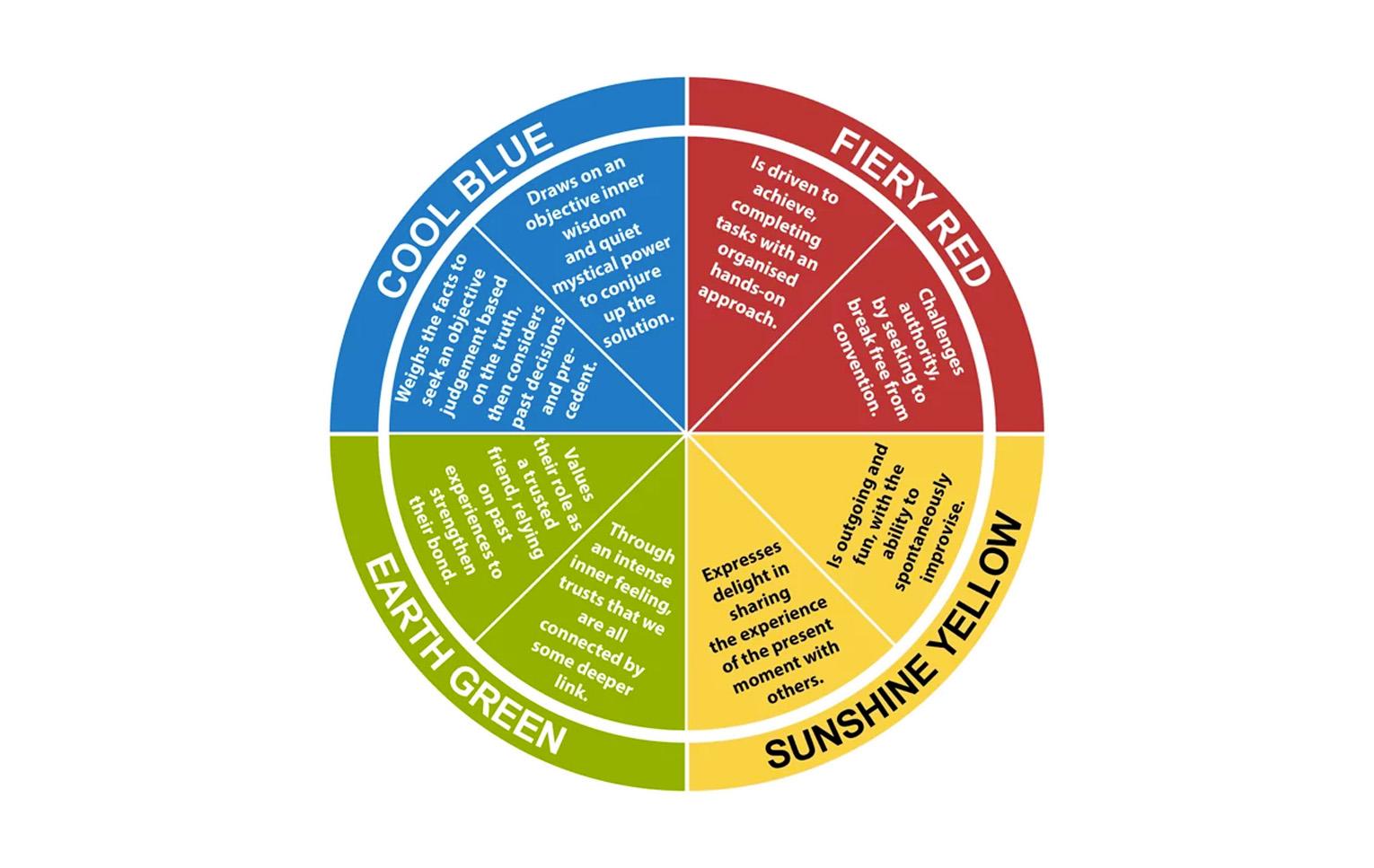In our fast-paced, information-overloaded world, it’s not uncommon to find ourselves forgetting everyday tasks like locking the door or picking up groceries. Many of us have experienced the frustration of forgetting something seemingly simple, only to remember it at the most inconvenient moment. But why do we forget these mundane details, and how does our memory function in our daily lives?
A new study delves into these questions, shedding light on the intricacies of memory and why we tend to forget routine actions. Researchers have found that our brains are wired to remember significant events rather than mundane details, which explains why we might forget to lock the door but vividly recall a special birthday celebration. This phenomenon, known as “everyday forgetting,” highlights the intricate workings of our memory system and the factors that influence what we remember and what we forget.
One of the key findings of the study is that our memory is selective, prioritizing important information over trivial details. When our brains are bombarded with a constant stream of information, they naturally filter out what is deemed less essential, leading to lapses in memory for routine tasks. This selective memory process helps us focus on what truly matters in the grand scheme of things, but it also means that we are more likely to forget the small, everyday actions that we perform on autopilot.
Moreover, the study suggests that our memory is influenced by our emotions, with emotionally charged events being more likely to be stored in long-term memory. This emotional aspect of memory plays a crucial role in shaping our recollections and determining what we remember from our day-to-day experiences. For example, a traumatic event may be etched in our memory for years, while mundane details from the same day may fade away quickly.
Another factor that contributes to everyday forgetting is cognitive overload, which occurs when our brains are overwhelmed with too much information at once. In today’s digital age, where we are constantly multitasking and switching between tasks, cognitive overload is a common phenomenon that can lead to memory lapses and forgetfulness. When our brains are juggling numerous tasks simultaneously, they may struggle to retain every detail, resulting in forgetfulness for routine actions.
So, how can we combat everyday forgetting and improve our memory in our daily lives? Here are some practical tips to help enhance your memory and reduce forgetfulness:
- Create a routine: Establishing a daily routine can help reduce cognitive load and make it easier to remember important tasks. By following a consistent schedule, your brain can automate routine actions, freeing up valuable mental energy for more critical tasks.
- Use reminders: Utilize technology and tools like calendars, apps, and sticky notes to set reminders for important tasks and events. These external cues can help jog your memory and ensure that you don’t forget crucial details.
- Practice mindfulness: Stay present and engaged in the moment by practicing mindfulness techniques like deep breathing and meditation. Mindfulness can help improve your focus and attention, enabling you to remember important information more effectively.
- Get enough sleep: Sleep plays a vital role in memory consolidation, so make sure to prioritize a good night’s rest. Lack of sleep can impair memory function and contribute to forgetfulness, so aim for 7-8 hours of quality sleep each night.
In conclusion, everyday forgetting is a natural part of our memory system, influenced by factors like selectivity, emotions, and cognitive overload. By understanding the mechanisms behind memory and implementing practical strategies to enhance our recollection, we can reduce forgetfulness and improve our memory in our daily lives. Remember to prioritize self-care, establish routines, and stay mindful to boost your memory and combat everyday forgetting.





